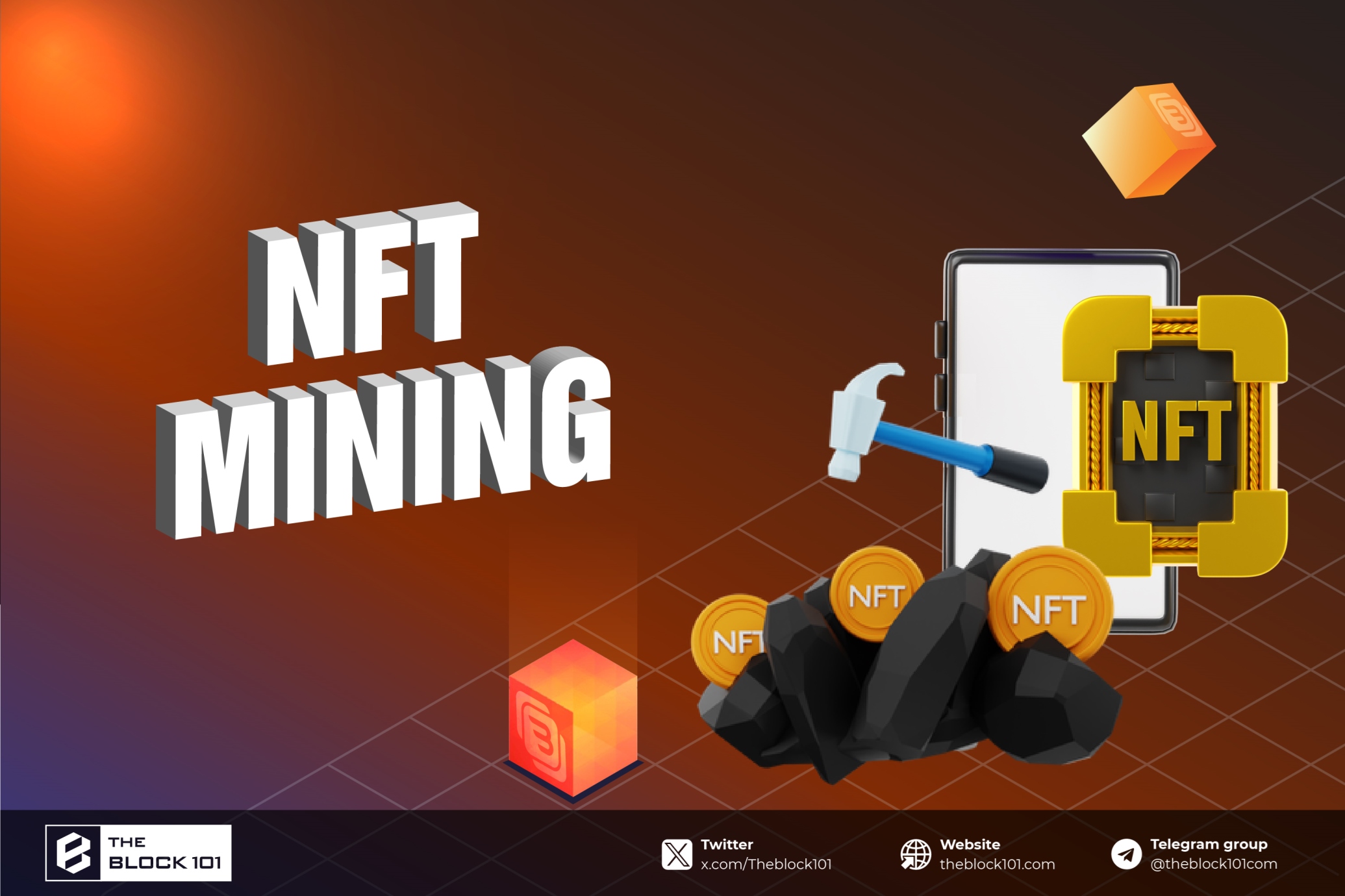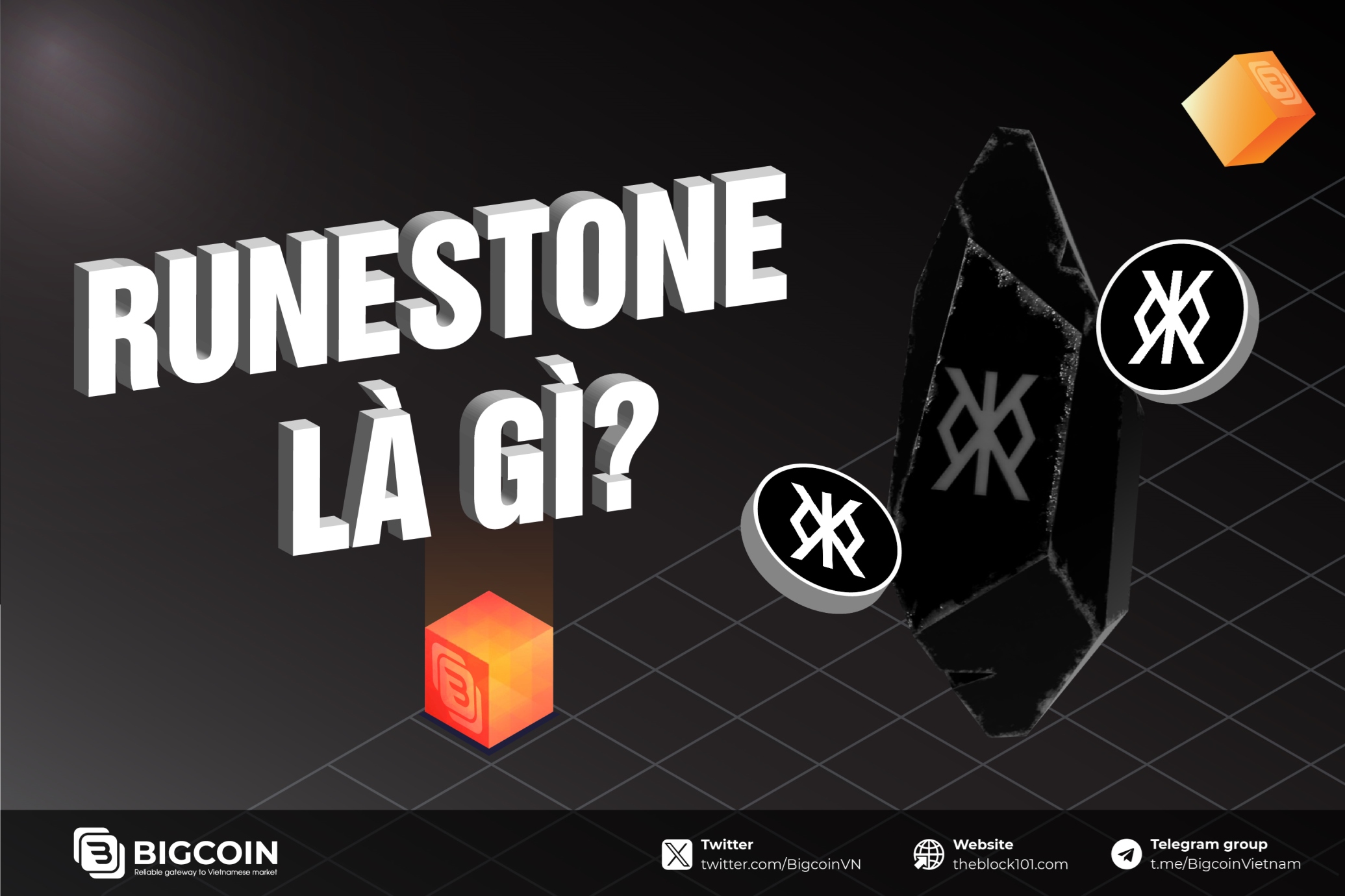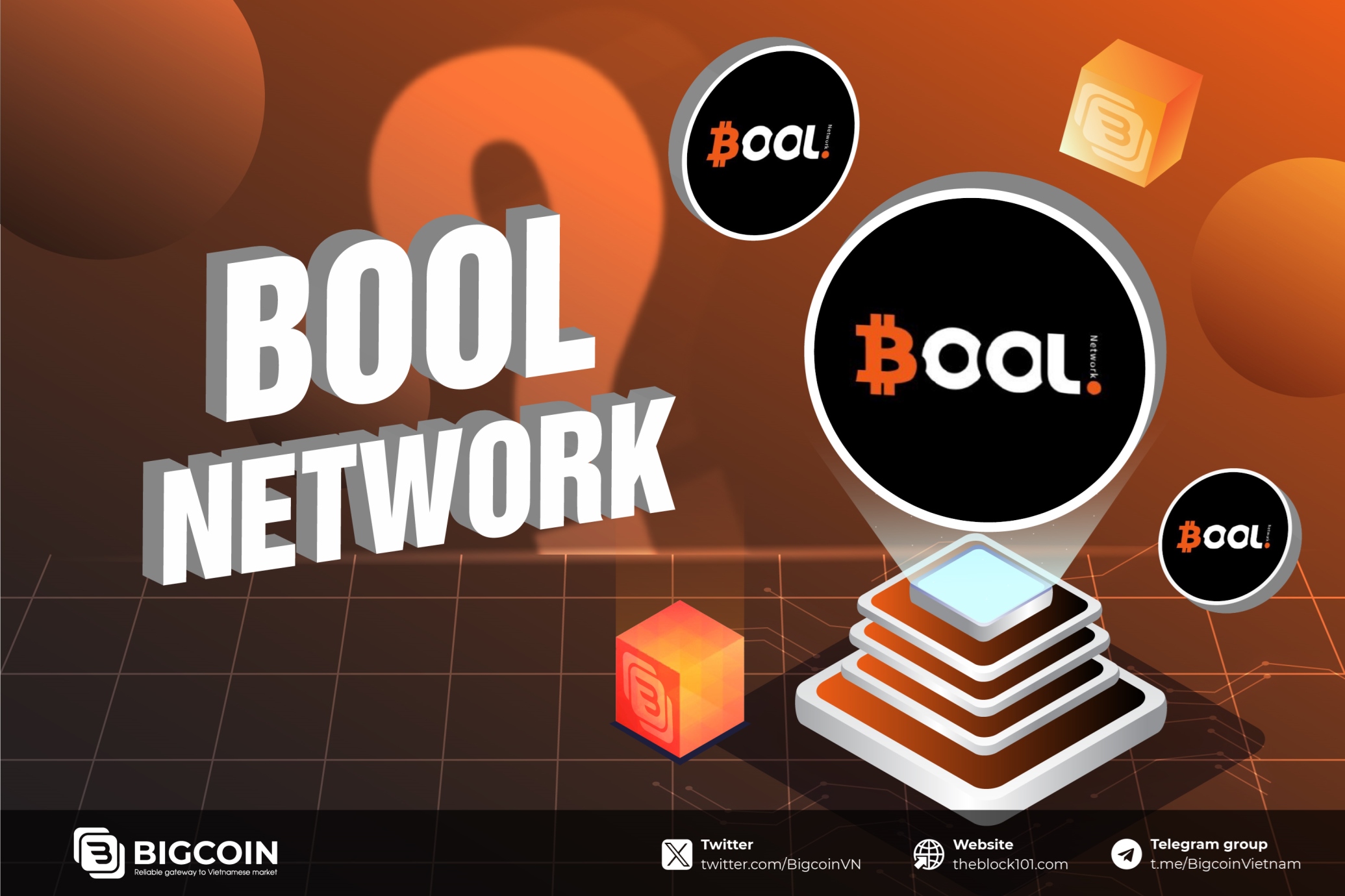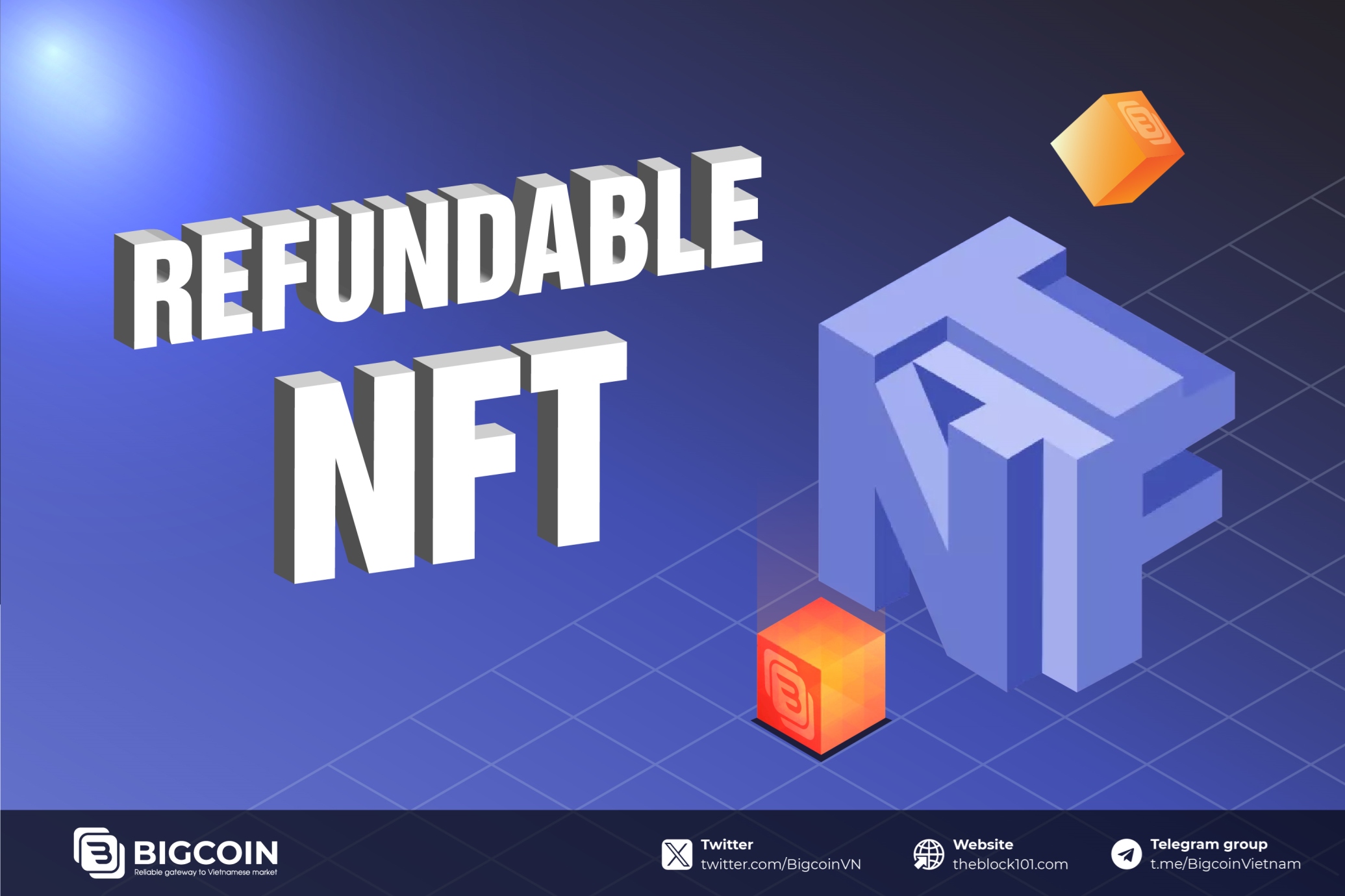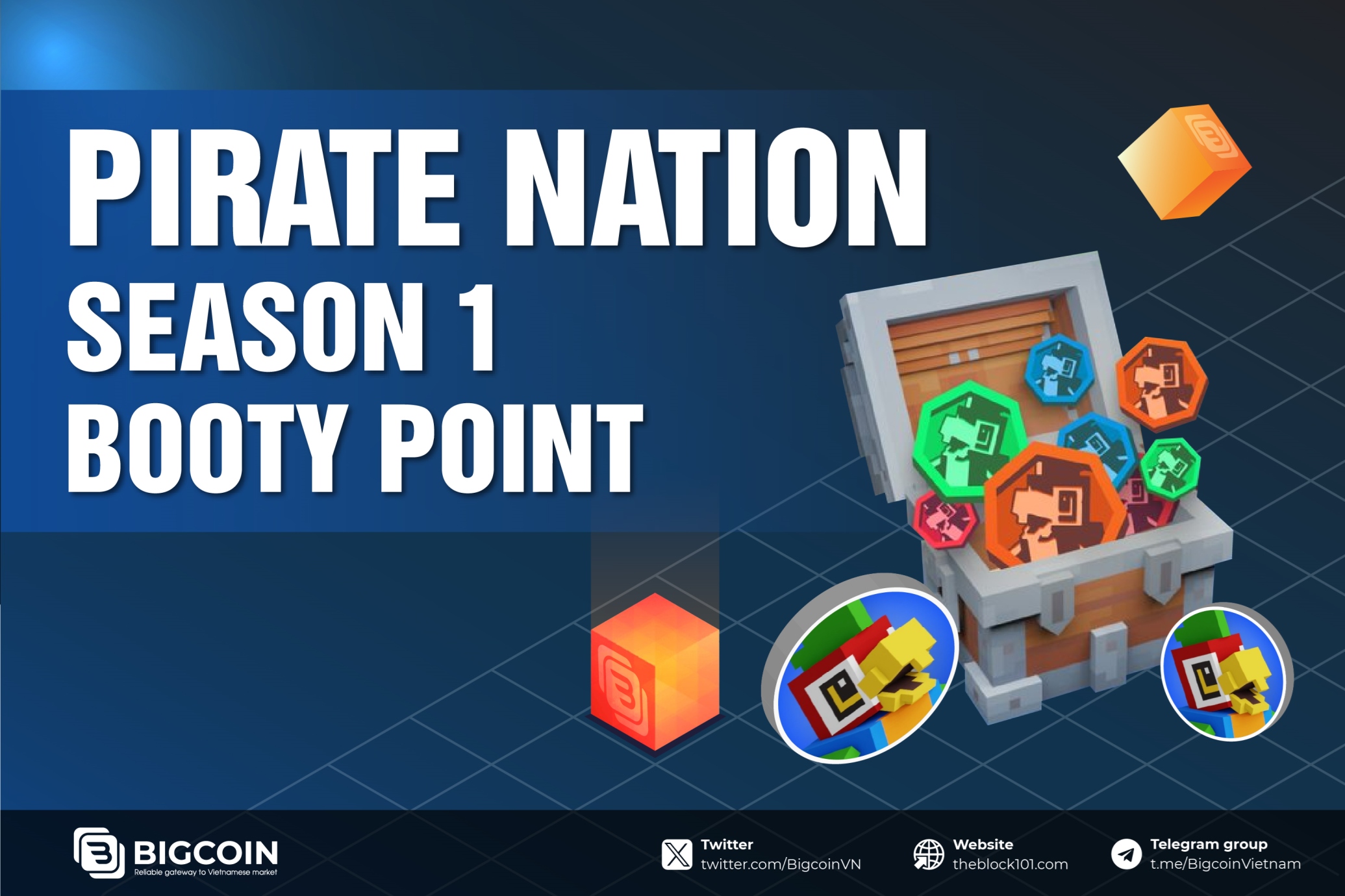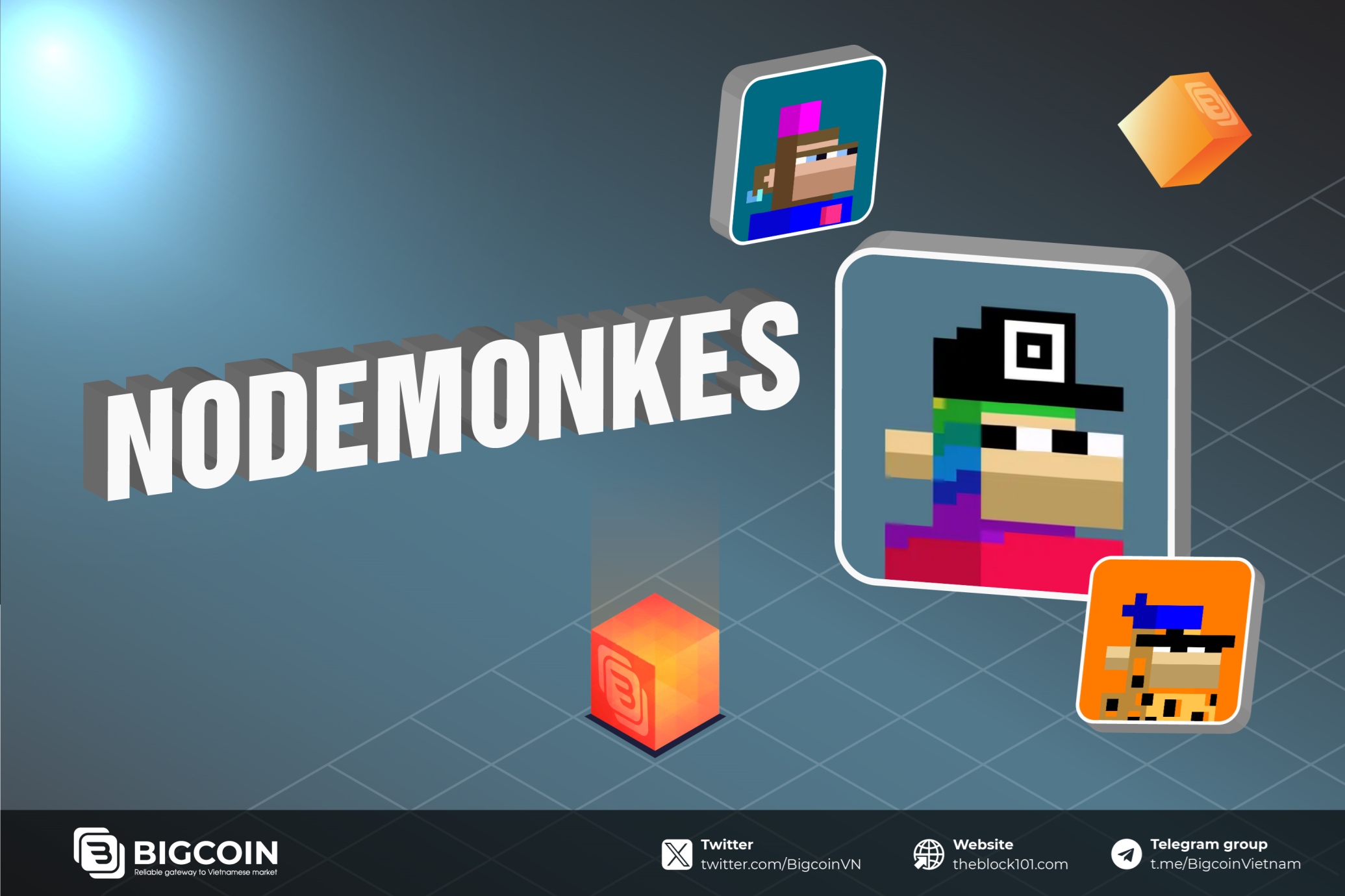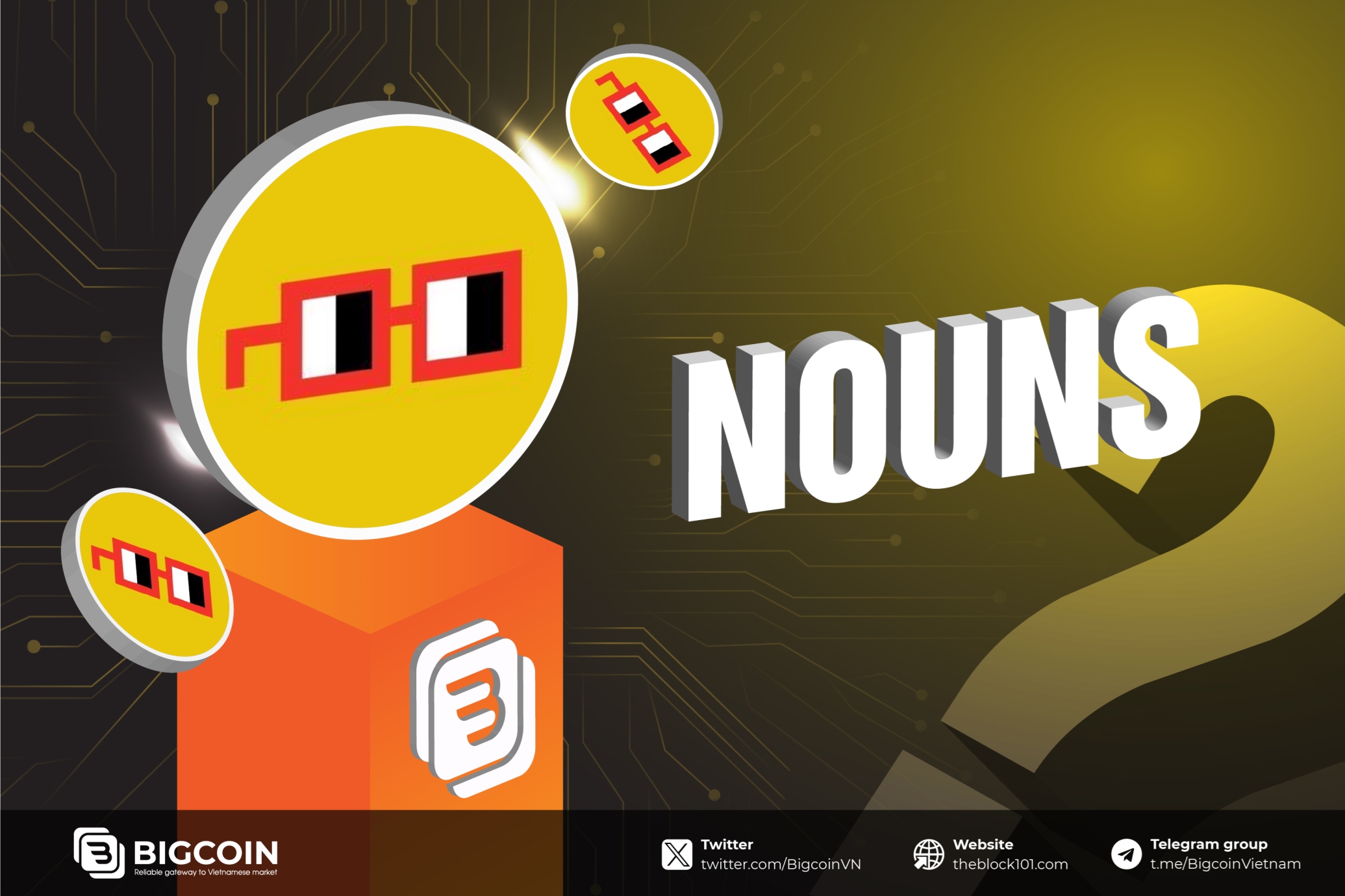1. What is Music NFT?

NFT stands for "Non-Fungible Token", this is a type of token in blockchain technology where each token is unique and cannot be replaced with any other token. In the music industry, NFTs can be used to represent digital musical works, albums, or even parts of a piece of music known as Music NFTs.
When a musical work is turned into an NFT, it can be sold or traded just like a single piece of digital art. The owner of the NFT will have ownership and control of the work, as well as the right to use it according to the terms defined in the accompanying smart contract. This opens up a new opportunity for artists and music lovers to interact and transact with each other on the blockchain platform.
2. Nature of Music NFT
In essence, music NFTs help transfer ownership of music from companies to individuals. Meanwhile, record labels continue to play an important role in the music industry and can serve a number of business functions for artists. Music NFTs give artists the option to retain full ownership of their work.
Some Music includes revenue sharing and commission features that can provide a source of income for artists without them having to rely solely on income from music streaming services, building a following. big fans, or engage in excessive marketing strategies. Instead, they can rely on a small group of very dedicated fans.
Music NFTs can therefore help emerging artists that may not have access to traditional sources of funding or distribution channels. With the explosion of Web3 platforms and marketplaces, musicians can create and sell their own NFTs, giving them greater control over their careers and income streams.
Another key benefit is the ability to create tokenized gateway communities that allow fans to participate in exclusive events and promotions, opening up sub-markets for fandom that change. the dynamics of being a fan and facilitating more integrated fan communities.
3. The difference between Music NFT and traditional music
Music NFT (Non-Fungible Token) and traditional music tracks have some outstanding differences such as:
| Differences | Music NFTs | Regular tracks |
| Immutability | A Music NFT represents a specific and immutable musical work | Traditional music can be copied, distributed and altered without the consent of the original owner. |
| Copyright and ownership | Music NFTs allow buyers to own a unique or limited edition of a musical work and be able to verify its authenticity and ownership via blockchain. | Traditional music tracks have no obvious link to the blockchain and are often dependent on traditional copyright systems. |
| Opportunities for artists and creators | Music NFTs open up new opportunities for artists and creators to create, distribute and monetize their music without traditional intermediaries. | Traditional music is often subject to regulations and restrictions from intermediaries such as record labels and publishers. |
| Distribution and access | Music NFTs can be easily transferred and exchanged between parties without the need for traditional distribution platforms. | In contrast, traditional music often has to go through distribution channels such as online music stores or streaming services. |
| Value | The value of a Music NFT is typically determined by the market and may fluctuate over time. | The price of traditional music is often determined by commercial parties and may be more stable. |
4. How to create Music NFT
.png)
How to mint Music NFT
The process of creating a Music NFT is commonly referred to as "minting". The minting process begins with the creation of an original work of art. This can be an audio file, but it can also be a video or other content including 3D images, gifs.
Next, you will need to have an "Ethereum wallet". This is the most popular type of wallet, it helps you easily connect to Opensea.io - also known as Metamask. You can access it directly from the Opensea platform. You must download a special "Metamask" extension on Google Chrome and create your account.
It should be noted that to mint an NFT, you will need to have funds in your Ethereum wallet to pay the gas fees . This is a one-time payment required for each transaction on Opensea .
After completing all the steps above, all you need to do next is create an Opensea account. There, you can create a “Collection” to place your Music NFTs. Additionally, you will also need to pay gas fees to list NFT works before selling them.
5. Impact of Music NFT on the music market
Music NFT (Non-Fungible Token) has been having significant impacts on the music market such as:
5.1 Create opportunities for independent artists
Music NFTs open up new opportunities for independent artists to independently create, distribute, and access revenue streams. Thanks to NFTs, they can create exclusive versions of their musical works and sell them directly to fans and investors, without going through record labels or traditional distribution.
5.2 Changes in business models
Music NFTs are changing the way artists and stakeholders do music business. Instead of relying on traditional record labels and distribution, they can leverage blockchain technology to create, manage, and sell their music directly to fans.
5.3. Increase interaction with fans
Music NFTs allow fans to participate in the creation process and support artists directly through the purchase and sale of Music NFTs. By purchasing and owning NFTs, they not only own exclusive versions of musical works, but also participate in the community of artists and fans through online forums and events .
5.4. Challenge for traditional systems
The growth of Music NFTs is creating a major challenge to traditional systems in the music industry, including record labels, distribution companies and streaming platforms. They must adapt to a new environment where independence and directness between artists and fans becomes more important.
6. Summary
Music NFTs have broken new ground for the music industry. Moving forward, Music NFTs may continue to open up new and exciting opportunities, not only as a tool to strengthen the connection between artists and fans but also as a means to drive innovation. new and innovative in the music industry. However, like all new technologies, Music NFTs also face challenges such as copyright and sustainability issues.
Read more:

 English
English Tiếng Việt
Tiếng Việt.png)
.jpg)
.jpg)
